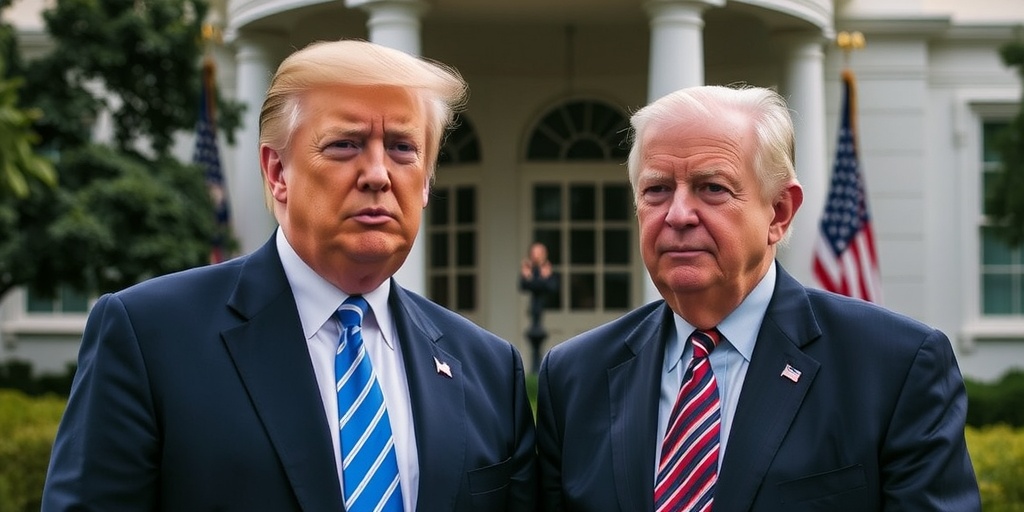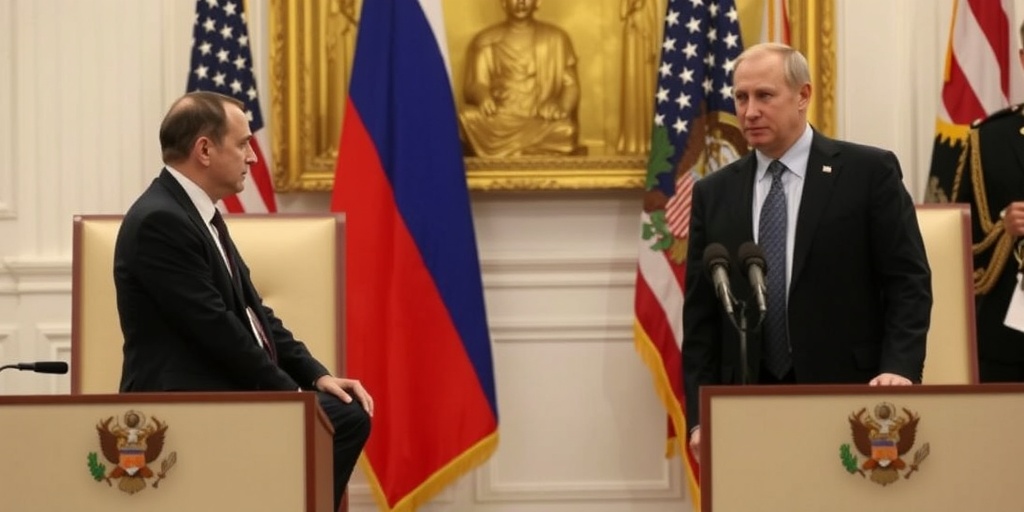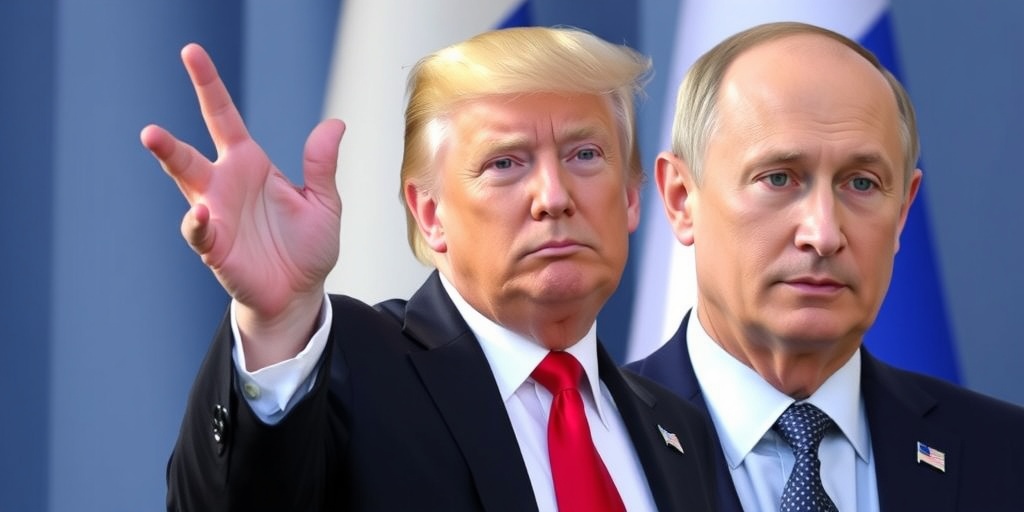Now Reading: Francis Collins Retires from NIH, Reflects on Colleagues’ Dedication
-
01
Francis Collins Retires from NIH, Reflects on Colleagues’ Dedication
Francis Collins Retires from NIH, Reflects on Colleagues’ Dedication

Dr. Francis S. Collins Retires from NIH, Reflects on Years of Service and Challenges Ahead
Dr. Francis S. Collins, a distinguished geneticist and former director of the National Institutes of Health (NIH), announced his retirement from the organization and the federal government in a poignant statement released on Saturday. His departure, marked by gratitude and reflection, also carried subtle criticisms aimed at the Trump administration, which has been known to dismiss numerous NIH employees in recent years.
In his farewell message, Dr. Collins expressed deep appreciation for his colleagues at NIH, emphasizing their remarkable qualities. “As I depart NIH, I want to express my gratitude and love for the men and women with whom I have worked side by side for so many years,” he stated. “They are individuals of extraordinary intellect and integrity, selfless and hard-working, generous and compassionate. They personify excellence in every way, and they deserve the utmost respect and support of all Americans.”
At 74, Dr. Collins has had an extensive and impactful career, serving under three U.S. presidents: Barack Obama, Donald J. Trump, and Joseph R. Biden Jr. He became a familiar face to many during the COVID-19 pandemic, leading efforts for the rapid development of critical tests, therapeutics, and vaccines that aimed to combat the virus and save lives.
However, Dr. Collins’s significant contributions to medical science began long before the pandemic. He rose to prominence during the Clinton administration as the head of the Human Genome Project, a groundbreaking initiative aimed at mapping the human genome. This ambitious project has vastly expanded our understanding of genetics and has laid the foundation for various advances in medicine.
Alongside his scientific achievements, Dr. Collins is also known for his willingness to engage with philosophical and theological questions. As an evangelical Christian, he has worked towards reconciling the apparent divide between science and faith, notably through his 2006 book, “The Language of God,” where he discusses these themes in depth.
In a brief text message, Dr. Collins shared that he would not be doing any interviews to elaborate on his retirement. Nevertheless, his farewell statement provided a compelling defense of the NIH and highlighted the diminishing bipartisanship in support of biomedical research. He observed a troubling shift in perceptions regarding medical research funding, stating that, during his recruitment and for many years since, “investment in medical research was seen as a high priority and a nonpolitical bipartisan effort — saving countless lives, relieving human suffering and contributing substantially to the U.S. economy.”
Dr. Collins underscored the pivotal role NIH plays in global biomedical research, describing it as “the largest supporter of biomedical research in the world” and referring to it as “the main piston of a biomedical discovery engine that is the envy of the globe.” He lamented that despite its monumental contributions, NIH remains relatively obscure to the general public and deserves more recognition.
He pointed out how NIH-supported research has led to significant medical breakthroughs, including advances in the treatment of cancers and genetic diseases. “When you hear about patients surviving stage 4 cancer because of immunotherapy, that was based on NIH research over many decades. When you hear about sickle-cell disease being cured because of CRISPR gene editing, that was built on many years of research supported by NIH,” he explained, emphasizing the importance of ongoing support for such pioneering work.
Dr. Collins’s retirement, which took effect on Friday, coincides with a wave of departures among senior NIH officials, including Dr. Lawrence A. Tabak, who served as the deputy director and resigned last month reportedly due to concerns about an unacceptable reassignment.
Having been appointed to lead the NIH by President Obama, Dr. Collins stepped down from his directorship in late 2021 during the early days of the Biden administration to refocus on his research lab. At that time, President Biden remarked, “Millions of people will never know Dr. Collins saved their lives,” highlighting the profound impact of his work on public health and scientific research.
As Dr. Collins embarks on this new chapter of his life post-retirement, his legacy continues to resonate through the advancements he championed and the countless lives he touched. His call for a renewed commitment to biomedical research echoes as a vital message for the future, encouraging ongoing public support and bipartisan collaboration to sustain the progress made in healthcare and scientific discovery.
Stay Informed With the Latest & Most Important News
Previous Post
Next Post
-
 01New technology breakthrough has everyone talking right now
01New technology breakthrough has everyone talking right now -
 02Unbelievable life hack everyone needs to try today
02Unbelievable life hack everyone needs to try today -
 03Fascinating discovery found buried deep beneath the ocean
03Fascinating discovery found buried deep beneath the ocean -
 04Man invents genius device that solves everyday problems
04Man invents genius device that solves everyday problems -
 05Shocking discovery that changes what we know forever
05Shocking discovery that changes what we know forever -
 06Internet goes wild over celebrity’s unexpected fashion choice
06Internet goes wild over celebrity’s unexpected fashion choice -
 07Rare animal sighting stuns scientists and wildlife lovers
07Rare animal sighting stuns scientists and wildlife lovers





















